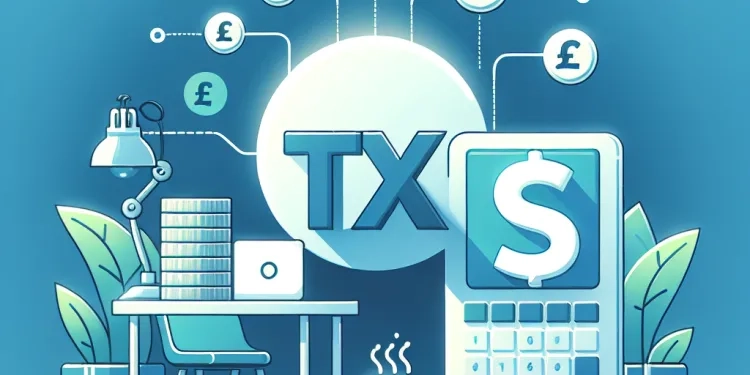
Find A Professional
More Items From Ergsy search
-
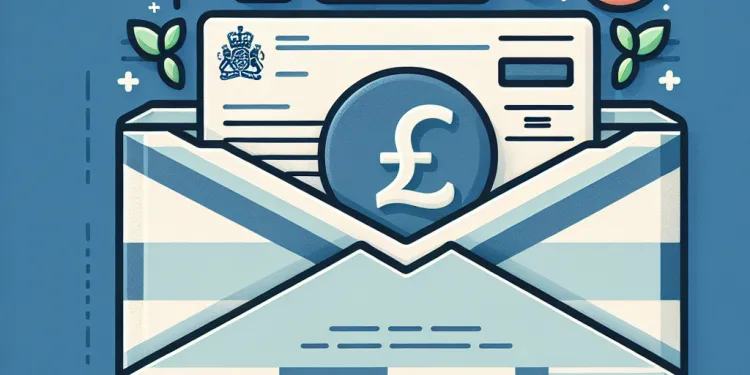
Is the tax refund amount taxable?
Relevance: 100%
-

Can my tax refund be applied to my future tax obligations?
Relevance: 96%
-
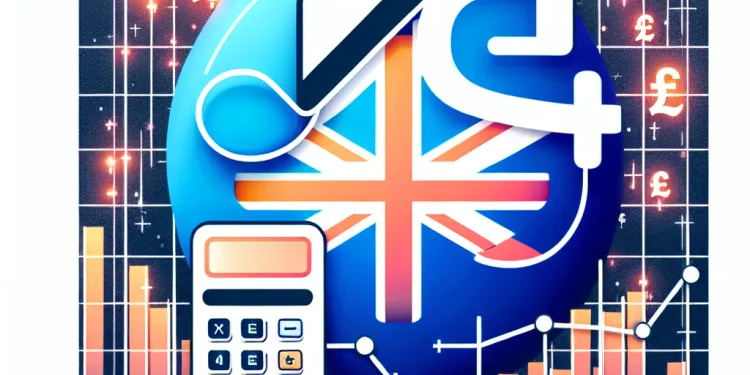
How is the tax refund amount calculated?
Relevance: 87%
-
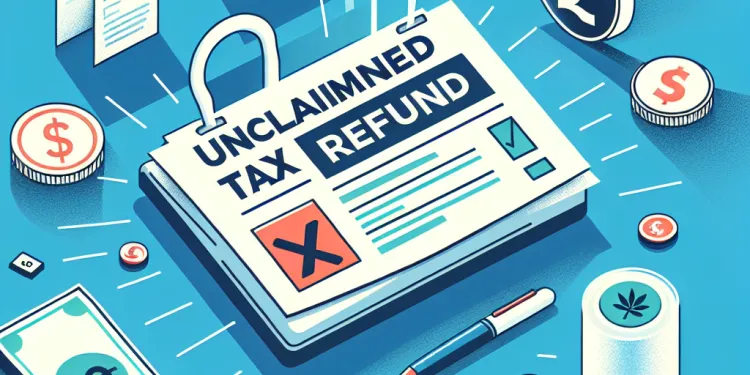
What happens if I do not claim my tax refund?
Relevance: 79%
-
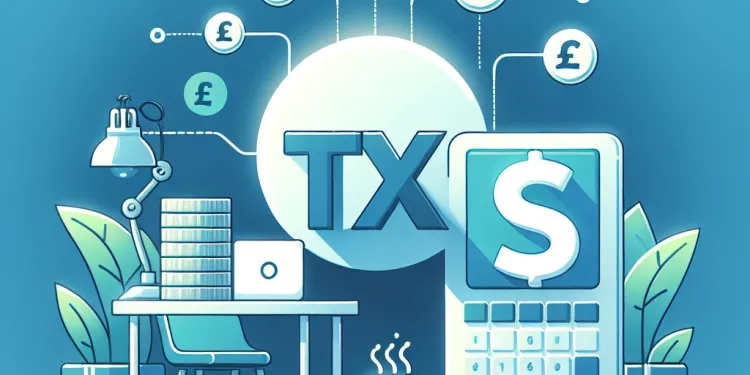
HMRC Tax Refund letters
Relevance: 77%
-
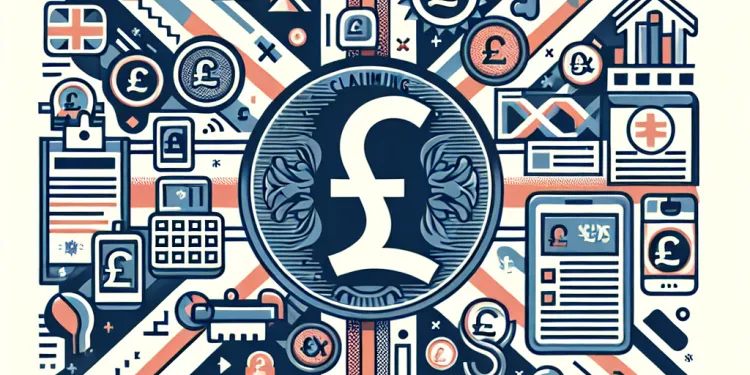
How do I claim my tax refund from HMRC?
Relevance: 74%
-

Why did I receive a tax refund letter from HMRC?
Relevance: 68%
-

Do I need to keep my tax refund letter for future reference?
Relevance: 66%
-
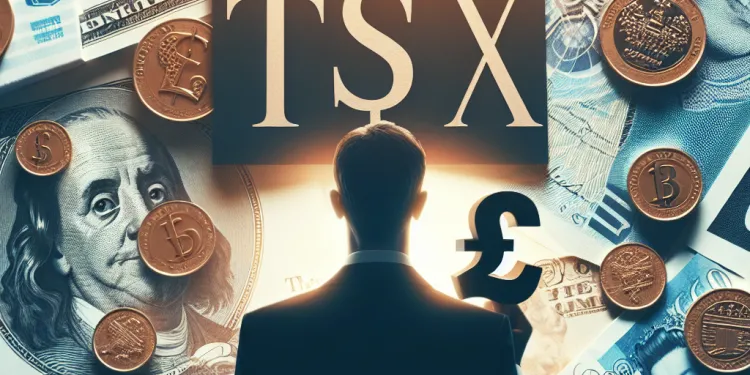
Would a wealth tax replace other taxes in the UK?
Relevance: 63%
-

I received a refund but think I owe tax instead. What should I do?
Relevance: 61%
-
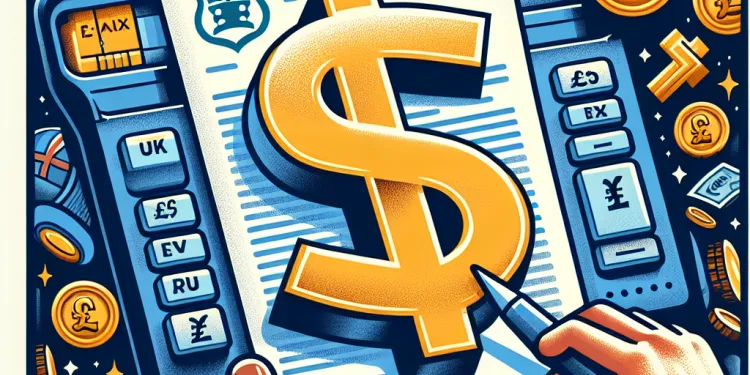
What is an HMRC tax refund letter?
Relevance: 61%
-
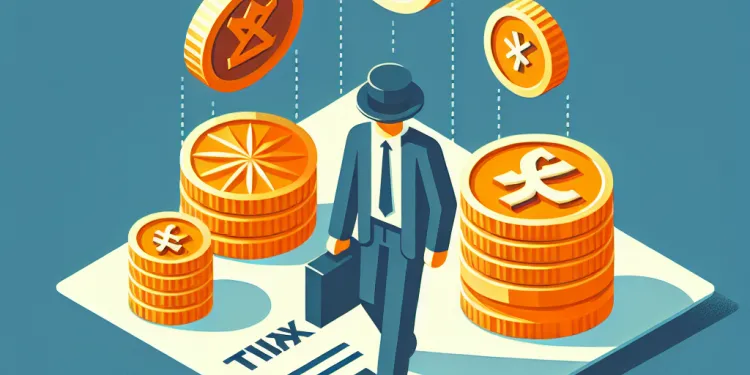
How long does it take to receive a tax refund from HMRC?
Relevance: 60%
-
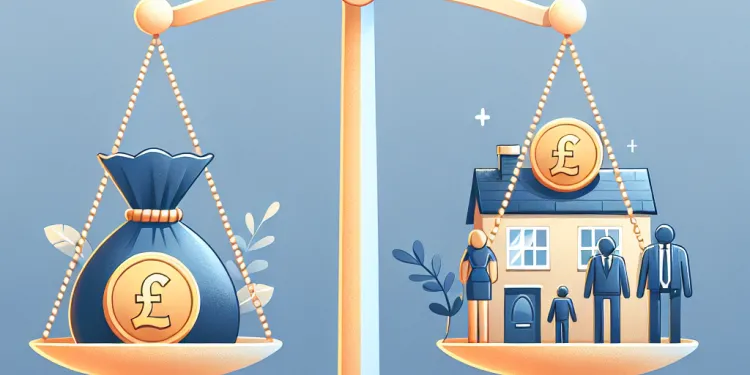
Do unpaid tax debts affect Inheritance Tax calculations?
Relevance: 58%
-

Could a wealth tax encourage tax avoidance?
Relevance: 56%
-

What is the wealth tax in the UK?
Relevance: 55%
-

I received a tax refund letter, but I haven’t overpaid any tax. What should I do?
Relevance: 54%
-
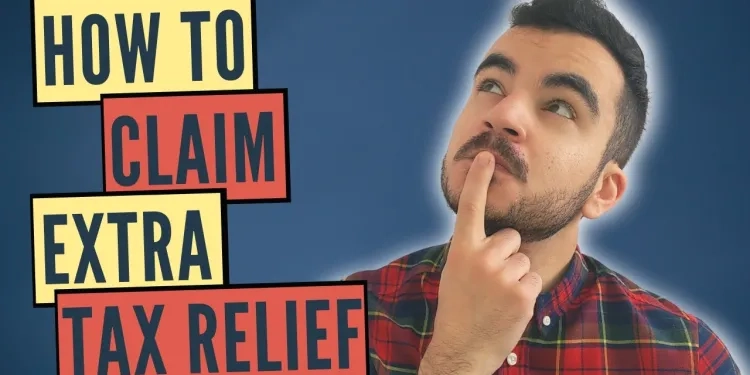
Higher Income Tax - How to Claim Pension Tax Relief | Extra 20% Boost
Relevance: 52%
-

What happens to a deceased’s Income Tax if they were employed?
Relevance: 49%
-

What is the Wealth Tax in the UK?
Relevance: 49%
-

What Happens to Tax Debt After Death? (UK Laws)
Relevance: 49%
-

What is the role of an executor in handling tax debts?
Relevance: 48%
-

Are these grants taxable?
Relevance: 46%
-

Would a wealth tax apply to foreign assets?
Relevance: 45%
-

Can the executor use the deceased's assets to pay tax debts?
Relevance: 45%
-

How do other countries implement a wealth tax?
Relevance: 44%
-

Can I receive my tax refund directly into my bank account?
Relevance: 44%
-
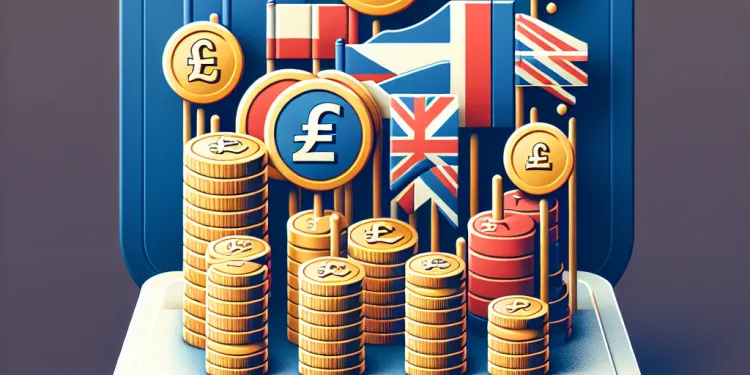
Has any political party in the UK supported a wealth tax?
Relevance: 43%
-
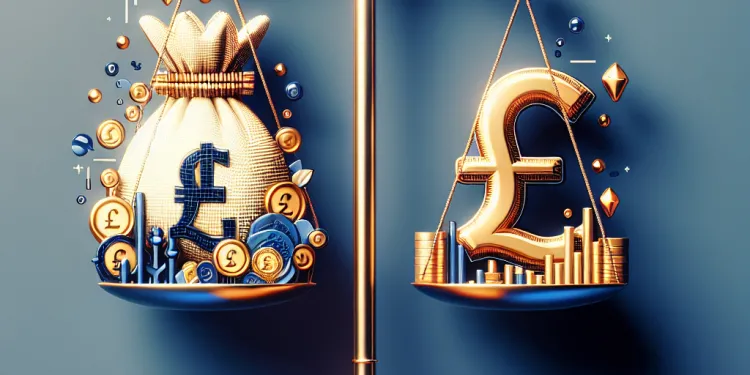
Has the UK ever had a wealth tax?
Relevance: 42%
-
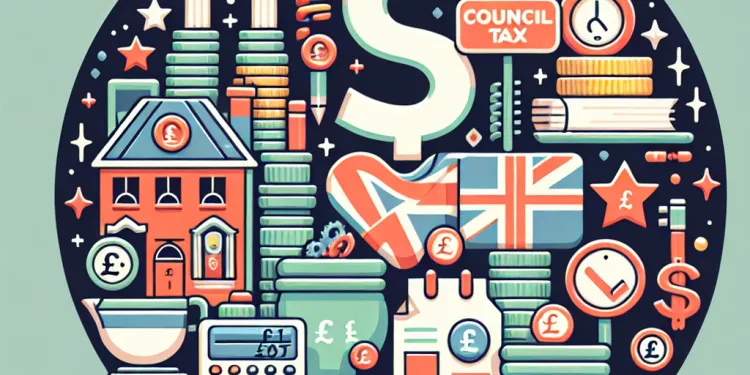
How does council tax relate to wealth in the UK?
Relevance: 42%
-

Why doesn't the UK have a wealth tax?
Relevance: 42%
-

What should I do if I need help managing the tax affairs of the deceased?
Relevance: 42%
-

Could a wealth tax affect economic growth in the UK?
Relevance: 41%
-
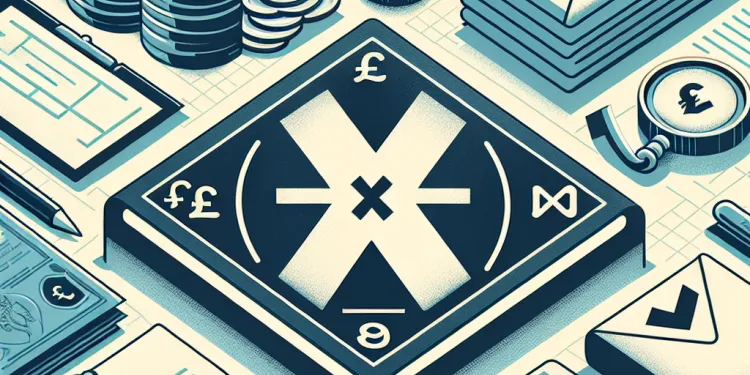
Is it necessary to complete a final tax return for the deceased?
Relevance: 41%
-
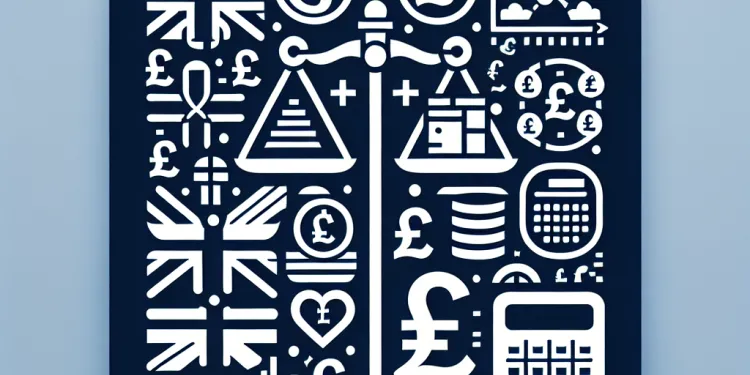
What are the administrative costs of a wealth tax?
Relevance: 40%
-
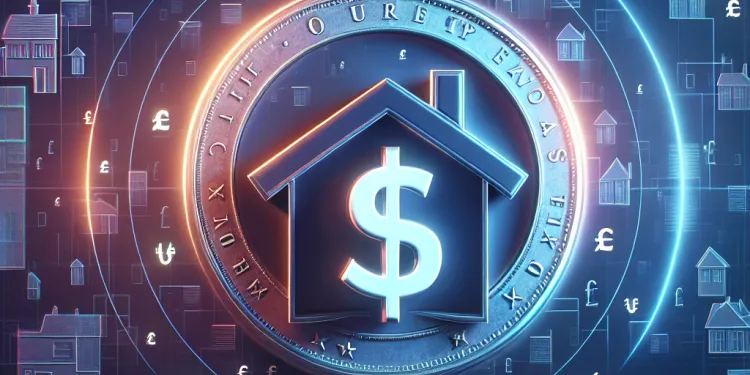
What taxes need to be paid from the deceased’s estate?
Relevance: 40%
-

Who is responsible for paying the deceased’s tax debts?
Relevance: 40%
-

How might a wealth tax impact inequality in the UK?
Relevance: 38%
-

Will HMRC contact me via phone or email regarding my tax refund?
Relevance: 38%
-
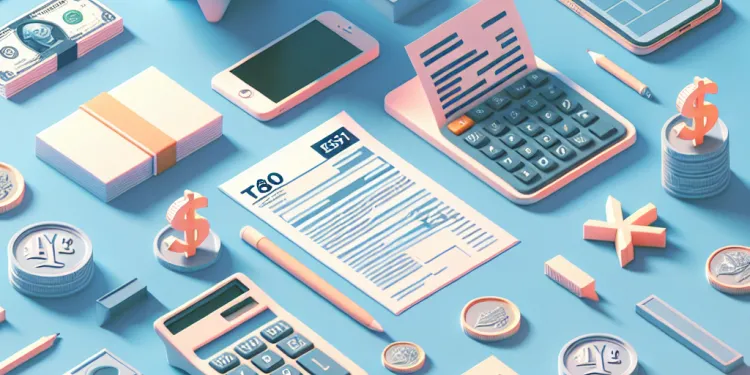
What is a P800 form and how does it relate to my tax refund?
Relevance: 37%
-
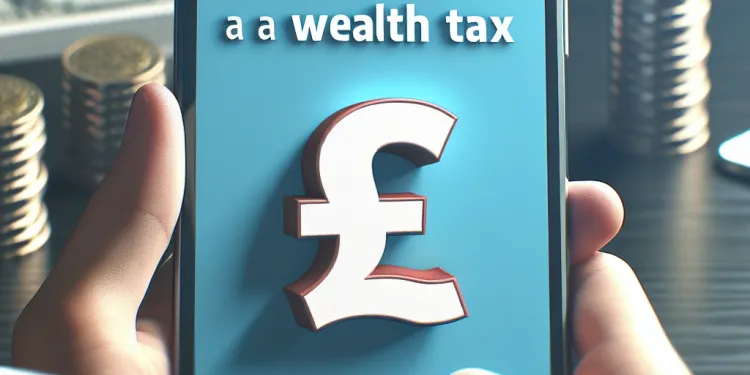
What are the challenges of implementing a wealth tax?
Relevance: 37%
Understanding HMRC Tax Refund Letters
HM Revenue and Customs (HMRC) is the UK's tax authority responsible for collecting taxes, administering benefits, and ensuring compliance with tax laws. One of the key interactions many individuals have with HMRC is concerning tax refunds. If you've overpaid tax in a given tax year, HMRC issues tax refund letters to inform you of any repayments due.
What is an HMRC Tax Refund Letter?
An HMRC tax refund letter, often known as a P800 form or Simple Assessment letter, informs taxpayers of their tax refund status. It explains why a refund is due, outlines any overpayments made, and details the process for receiving the money back. Typically, this letter is sent after HMRC reassesses an individual's tax situation for a particular year.
Why You Might Receive a Tax Refund Letter
There are several reasons you might receive a tax refund letter from HMRC. These can include overpaid tax due to inaccurate PAYE codes, overpayments on tax-deductible expenses, or changes in your employment status. It's crucial to check the details to ensure the information aligns with your financial records.
Steps to Take After Receiving the Letter
Upon receiving an HMRC tax refund letter, verify the contents for accuracy against your tax records. If the refund amount is correct, follow the instructions provided to claim your refund. For bank transfers, HMRC typically requests bank account details to process the refund swiftly. Alternatively, a cheque can be sent directly to your home address.
Timeframes for Receipts and Actions
HMRC usually issues tax refund letters between June and October following the end of a tax year in April. It's important to act promptly upon receiving the letter to avoid unnecessary complications or delays. If you're expecting a refund and haven't received notification from HMRC, contact them for clarification.
How to Avoid Tax Overpayments
To reduce the likelihood of overpaying tax and requiring a refund letter, regularly update your tax code information, provide accurate employment details, and ensure any relevant deductions or allowances are accounted for in your tax returns. Keeping precise records and checking payslips regularly helps avoid discrepancies.
Fraud and Scam Awareness
Be vigilant regarding fraudulent activities. HMRC will never ask for sensitive information such as bank details via email or text. If you suspect a letter or correspondence from HMRC is suspicious, verify its authenticity by contacting HMRC directly using official communication channels. Report any scams immediately.
Conclusion
Receiving an HMRC tax refund letter is a positive outcome, indicating the return of overpaid taxes. It's essential to thoroughly check the information provided and follow the correct procedures to ensure quick and secure receipt of your funds. Staying informed and vigilant about tax obligations helps maintain financial accuracy and security.
Understanding HMRC Tax Refund Letters
HMRC stands for HM Revenue and Customs. They collect taxes and give out certain benefits in the UK. Sometimes, people pay more tax than they need to. When this happens, HMRC sends a letter to let you know you have money to get back.
What is an HMRC Tax Refund Letter?
An HMRC tax refund letter tells you if you will get any tax money back. It is called a P800 form or Simple Assessment letter. This letter explains why you are getting a refund and how to get the money. HMRC sends this letter after they check your taxes for the year.
Why You Might Receive a Tax Refund Letter
You might get a tax refund letter if you paid too much tax. This can happen if your tax information was wrong, if you paid too much for things that lower your tax, or if your job changed. You should check that the information in the letter matches your own records.
Steps to Take After Receiving the Letter
When you get an HMRC tax refund letter, check that the information is correct. If everything is right, follow the instructions to get your refund. HMRC may ask for your bank details to send the money fast. They can also send a cheque to your home.
Timeframes for Receipts and Actions
HMRC usually sends tax refund letters between June and October, after the tax year ends in April. It is important to act quickly when you get your letter to avoid problems or delays. If you think you're due a refund but haven't received any letter, contact HMRC.
How to Avoid Tax Overpayments
To avoid paying too much tax, keep your tax code updated, give the right job details, and make sure all allowances are in your tax returns. Regularly check your payslips to help keep everything right.
Fraud and Scam Awareness
Watch out for scams. HMRC will never ask for bank details by email or text. If something seems suspicious, check if it's real by contacting HMRC using their official channels. Report any scams right away.
Conclusion
Getting an HMRC tax refund letter means you will get some money back. It is important to carefully check the information and follow the steps to get your money safely. Staying informed about your taxes helps you keep everything correct and secure.
Frequently Asked Questions
What is an HMRC tax refund letter?
An HMRC tax refund letter is a communication from HM Revenue and Customs indicating that you may be owed a refund for overpaid taxes.
Why did I receive a tax refund letter from HMRC?
You received a tax refund letter because HMRC's records indicate that you overpaid taxes and may be entitled to a refund.
How is the tax refund amount calculated?
The refund amount is calculated based on the difference between the taxes you paid and the taxes you actually owe for the tax year.
What should I do if I believe the refund amount is incorrect?
If you believe the refund is incorrect, contact HMRC with your details and any supporting documents for a reassessment.
How do I claim my tax refund from HMRC?
Follow the instructions provided in the tax refund letter, which usually involves logging into your HMRC online account to provide bank details or confirm your address.
How long does it take to receive a tax refund from HMRC?
Once HMRC processes your refund claim, it typically takes 4 to 6 weeks to receive the payment.
Can I receive my tax refund directly into my bank account?
Yes, you can receive your tax refund directly into your bank account by providing your bank details to HMRC.
What if I've moved since the tax year ended?
If you've moved, update your address in your HMRC online account or notify HMRC so your refund is sent to the correct address.
I received a tax refund letter, but I haven’t overpaid any tax. What should I do?
If you think the refund is incorrect, contact HMRC to clarify and ensure no mistakes have been made.
Is the tax refund amount taxable?
No, any tax refund amount you receive is not taxable, as it's simply a return of overpaid taxes.
What information do I need to provide to claim my refund?
You may need to provide your bank details, national insurance number, and confirmation of any changes in personal circumstances since the tax year ended.
Can I dispute a tax refund decision from HMRC?
Yes, you can dispute a tax refund decision by contacting HMRC and providing any supporting evidence to back up your claim.
Will HMRC contact me via phone or email regarding my tax refund?
HMRC primarily communicates via post for tax refunds, and you should be cautious of unsolicited phone or email requests for your personal details.
What is a P800 form and how does it relate to my tax refund?
A P800 form is issued by HMRC to inform you of any tax overpayment or underpayment for a specific tax year. It will detail any refund owed.
Can my tax refund be applied to my future tax obligations?
Yes, you can request HMRC to apply your tax refund toward future tax obligations instead of receiving it as a cash refund.
I received a refund but think I owe tax instead. What should I do?
Contact HMRC immediately to clarify the situation and avoid any discrepancies or penalties in the future.
How can I verify that my tax refund letter is genuine?
Verify the letter's authenticity through your HMRC online account or by contacting HMRC directly. Be cautious of scams.
Do I need to keep my tax refund letter for future reference?
Yes, keep your tax refund letter for your records and future reference, especially if discrepancies arise later.
Can I get a tax refund even if I am self-employed?
Yes, if you overpaid tax on your self-employed income, you could be eligible for a tax refund from HMRC.
What happens if I do not claim my tax refund?
If you do not claim your tax refund, the amount may eventually be applied to your account for future tax obligations or returned to HMRC after a certain period.
What is an HMRC tax refund letter?
An HMRC tax refund letter is a letter that tells you if you paid too much tax.
"HMRC" is a group that collects money called tax. This money helps pay for things like schools and hospitals.
If you pay too much money, they will give some back to you. This letter tells you more about that.
If reading is hard, you can ask someone you trust to read it with you.
An HMRC tax refund letter is a letter from HM Revenue and Customs. It says you might get some money back because you paid too much tax.
Why did I get a tax refund letter from HMRC?
You got a letter from HMRC because they have money to give back to you. This is called a tax refund.
Sometimes, people pay too much tax. HMRC checks and then sends a letter to tell you about getting money back.
If you need help to read the letter, ask a friend or family member. You can also use reading tools like a screen reader.
You got a letter about getting money back from HMRC because you paid too much tax.
How do you work out how much tax money you get back?
The refund is the money you get back when you pay too much tax. It happens when you pay more tax than you needed to for the year.
What can I do if I think the refund is wrong?
If you think you got the wrong refund, talk to HMRC. Give them your information and any papers that show why it's wrong. They can check it again.
How can I get my tax money back from HMRC?
Look at the instructions in the tax refund letter. You will usually need to go online to your HMRC account. There, you should give your bank details or make sure your address is right.
How long does it take to get your tax money back from HMRC?
When you pay too much tax, HMRC gives some money back. This is called a tax refund.
Usually, it takes 2 to 4 weeks to get your money back. But sometimes, it might take longer.
Here are some tips to help you:
- Keep your tax papers safe. This helps you check everything is correct.
- Use a calculator to check your tax payments.
- Ask someone you trust if you need help or have questions.
After you ask for your money back from HMRC, it usually takes 4 to 6 weeks to get your payment.
Can my tax money go straight to my bank?
Yes, you can get your tax refund straight into your bank account. Just give your bank details to HMRC.
What if I have moved house since the end of the tax year?
If you have moved to a new house after the tax year ended, you need to let the tax office know your new address. This way, they can send important letters to the right place.
You can ask someone you trust for help, like a family member or a friend. They can help you tell the tax office about your new address.
You can also use online tools to update your address. These tools can be found on the tax office website.
If you find it hard to read or fill out forms, you can use a reading ruler or ask for bigger text. You can also ask for any letters to be read out loud to you.
If you move to a new house, tell HMRC (the tax office) your new address. You can do this online in your HMRC account. This way, they will send any money back to you at the right place.
I got a letter about a tax refund, but I didn't pay too much tax. What should I do?
If you get a letter saying you will get money back from taxes, but you did not pay too much, do these steps:
- Read the letter carefully to make sure it is real.
- If you are unsure, ask a family member or friend for help.
- Call or visit the tax office to check if the letter is correct.
- Use a calculator or paper and pen to check your tax payments.
- Keep the letter safe until you know it is real.
If the letter is real and you paid the right amount, you can ask the tax office why you received it.
If you think the refund is wrong, talk to HMRC. They can check if there is a mistake.
Do I have to pay tax on my tax refund?
No, you do not have to pay tax on your tax refund. A tax refund is money you paid that you should not have, so you get it back.
What do I need to tell the company to get my money back?
You might need to give your bank details, your national insurance number, and tell about any changes in your life since last tax year ended.
Can I ask HMRC to look at my tax refund again?
Yes, you can ask HMRC to look again at your tax refund decision. To do this, tell them why you think it's wrong and give them any proof you have.
Will HMRC phone or email me about my tax money?
HMRC will not usually call or email you about getting money back.
If you get a call or email saying it is from HMRC, be careful. It might not be real.
To be safe, check the HMRC website or call their official number.
If reading is hard, ask a family member or friend for help.
HMRC usually sends letters by mail to talk about tax refunds. Be careful if you get unexpected calls or emails asking for your personal details.
What is a P800 form and how does it help me get my tax money back?
The P800 form is a letter from HMRC. It tells you if you paid too much or too little tax in a year. It will also say if you are owed a money refund.
Can I use my tax refund to pay my future taxes?
You can ask HMRC to use your tax refund to pay for taxes you owe later. This means you won't get the refund as cash.
I got money back but think I need to pay tax. What should I do?
If you got money back but think you need to pay tax, don't worry. Here’s what you can do:
- Check the letter or email you got about the refund. Make sure it is right.
- If you think there is a mistake, contact the tax office. They can help you.
- Write down any questions you have before calling. It will help you remember.
- Use a calculator to check your numbers. Ask someone you trust to help if you need to.
Remember, it's okay to ask for help!
Get in touch with HMRC right away. It's important to understand what is going on. This helps so you don't have problems or get fines later.
How can I check if my tax refund letter is real?
Make sure your tax letter is not fake by checking:
- Official Seal: Look for an official logo or seal on the letter.
- Sender's Address: Check the address. Make sure it matches the official tax office address.
- Personal Information: Look at your name and details. Are they correct?
- Contact Information: See if there is a phone number or email. It should be real, so search online.
- Ask for Help: If unsure, ask a trusted adult or contact the tax office directly.
Use a ruler or reading guide to follow text better. Point at words with your finger to help read.
Check if the letter is real by using your HMRC online account. You can also call HMRC to ask them. Be careful of fake letters that try to trick you.
Should I save my tax refund letter?
It's a good idea to keep your tax refund letter. It helps you remember what you got back. You might need it later for record-keeping. Try using a special folder to store important papers. That way, you won't lose it.
Yes, keep your tax refund letter. It is important to have it for your records. It will help you if you have questions or problems later.
Can I get money back from taxes if I work for myself?
Yes, you can get money back from taxes if you work for yourself. Here are some tips:
- Keep all your work receipts.
- Write down your income and expenses.
- Use a calculator to help with numbers.
- Ask someone you trust, like a family member or friend, for help.
- Use online tools that help with taxes.
Getting help can make it easier!
Yes, if you paid too much tax on the money you earned from working for yourself, you might get some money back from HMRC.
What happens if I don't ask for my tax money back?
If you do not ask for your tax money back, the money might be kept for your future taxes or sent back to the tax office later.
Useful Links
- Ergsy carfully checks the information in the videos we provide here.
- Videos shown by Youtube after a video has completed, have NOT been reviewed by ERGSY.
- To view, click the arrow in centre of video.
- Most of the videos you find here will have subtitles and/or closed captions available.
- You may need to turn these on, and choose your preferred language.
- Go to the video you'd like to watch.
- If closed captions (CC) are available, settings will be visible on the bottom right of the video player.
- To turn on Captions, click settings .
- To turn off Captions, click settings again.
More Items From Ergsy search
-

Is the tax refund amount taxable?
Relevance: 100%
-

Can my tax refund be applied to my future tax obligations?
Relevance: 96%
-

How is the tax refund amount calculated?
Relevance: 87%
-

What happens if I do not claim my tax refund?
Relevance: 79%
-

HMRC Tax Refund letters
Relevance: 77%
-

How do I claim my tax refund from HMRC?
Relevance: 74%
-

Why did I receive a tax refund letter from HMRC?
Relevance: 68%
-

Do I need to keep my tax refund letter for future reference?
Relevance: 66%
-

Would a wealth tax replace other taxes in the UK?
Relevance: 63%
-

I received a refund but think I owe tax instead. What should I do?
Relevance: 61%
-

What is an HMRC tax refund letter?
Relevance: 61%
-

How long does it take to receive a tax refund from HMRC?
Relevance: 60%
-

Do unpaid tax debts affect Inheritance Tax calculations?
Relevance: 58%
-

Could a wealth tax encourage tax avoidance?
Relevance: 56%
-

What is the wealth tax in the UK?
Relevance: 55%
-

I received a tax refund letter, but I haven’t overpaid any tax. What should I do?
Relevance: 54%
-

Higher Income Tax - How to Claim Pension Tax Relief | Extra 20% Boost
Relevance: 52%
-

What happens to a deceased’s Income Tax if they were employed?
Relevance: 49%
-

What is the Wealth Tax in the UK?
Relevance: 49%
-

What Happens to Tax Debt After Death? (UK Laws)
Relevance: 49%
-

What is the role of an executor in handling tax debts?
Relevance: 48%
-

Are these grants taxable?
Relevance: 46%
-

Would a wealth tax apply to foreign assets?
Relevance: 45%
-

Can the executor use the deceased's assets to pay tax debts?
Relevance: 45%
-

How do other countries implement a wealth tax?
Relevance: 44%
-

Can I receive my tax refund directly into my bank account?
Relevance: 44%
-

Has any political party in the UK supported a wealth tax?
Relevance: 43%
-

Has the UK ever had a wealth tax?
Relevance: 42%
-

How does council tax relate to wealth in the UK?
Relevance: 42%
-

Why doesn't the UK have a wealth tax?
Relevance: 42%
-

What should I do if I need help managing the tax affairs of the deceased?
Relevance: 42%
-

Could a wealth tax affect economic growth in the UK?
Relevance: 41%
-

Is it necessary to complete a final tax return for the deceased?
Relevance: 41%
-

What are the administrative costs of a wealth tax?
Relevance: 40%
-

What taxes need to be paid from the deceased’s estate?
Relevance: 40%
-

Who is responsible for paying the deceased’s tax debts?
Relevance: 40%
-

How might a wealth tax impact inequality in the UK?
Relevance: 38%
-

Will HMRC contact me via phone or email regarding my tax refund?
Relevance: 38%
-

What is a P800 form and how does it relate to my tax refund?
Relevance: 37%
-

What are the challenges of implementing a wealth tax?
Relevance: 37%